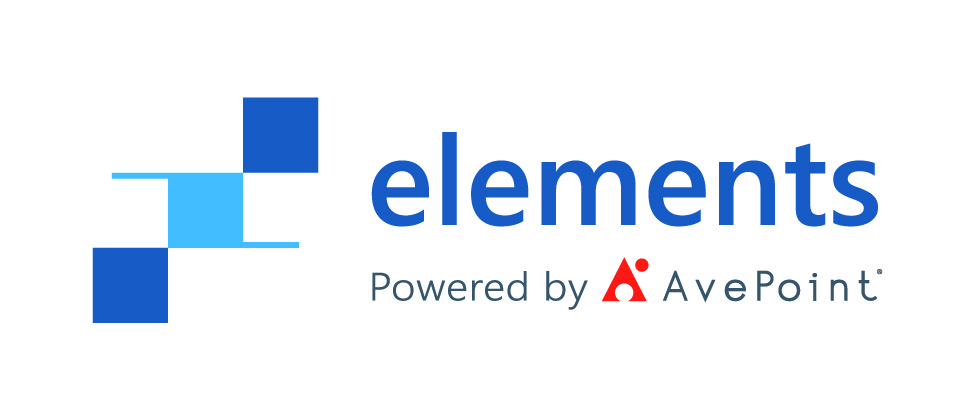Q&A: Tailoring Microsoft Teams & Delegated Administration in Office 365


This post is based on our recent webinar “Tailoring Microsoft Teams & Delegated Administration in Office 365.” Miss it live? Click here to download the full presentation!
Hey all! I recently had the pleasure of conducting a webinar on delegated administration with my colleagues John Peluso and Dux Raymond Sy. Though we answered questions throughout the presentation, there were so many that we decided to make a Q&A post where I can personally answer the best ones. Let’s dive right in!
Q: How does delegated administration apply to state or local governments? Can you have different security and administration permissions for transportation, health, finance, etc.?
A: The features and capabilities that we have mentioned greatly assist our state and local government (as well as federal) customers in many ways.
Not only can administrative responsibilities be properly delegated and monitored by our solutions, but agencies that are forced to share Office 365 tenants with other state and local divisions due to regulations or policies can be given the chance to maintain some autonomy over the sites and Teams relevant to them. They will also be better suited to meet more specific regulatory requirements for their unique purposes and processes.
As state and local agency requirements vary so greatly across North America, we see many, many use cases for our solutions. Their versatility makes them a great tool for handling a wide variety of governance, security and delegation needs.

Do you have to go into Office 365 administration settings and change things up-front? For example, when activating this, do we need to first deactivate Team creation for users?
The short answer is an interwebs-style “NEWP!” We offer the ability to allow you to turn off the creation of Groups and Teams via our solution, but you could very well do this within Office 365 too.
If administration settings are defined in the template for the team to be provisioned, can they be enforced following the provisioning to prevent someone from changing a setting?
Yes, our governance solution does this in two ways:
- By restricting all (or subsets of) Office 365 users to only be members of Groups or Teams, and then granting specific capabilities to subsets of users based on who they are and why they might need those services. The actions requested can then be automated, or an approval process can be added for more sensitive workloads.
- Our policy enforcer capability can automatically audit Office 365 and revert out-of-policy changes, making sure that your environment does not go “off the rails” so to speak. In addition, we can enforce a manual review or renewal/recertification process to make sure the settings, permissions, and ownership of Groups, Teams, and SharePoint sites are regularly reviewed (in addition to our other controls).
Can you use groupings to apply separate policies (e.g. one group can externally share but others cannot)?
The short answer is yes. External sharing in Office 365 is controlled from the workspace locations within the platform, and we have multiple ways of controlling who can gain access to a workspace at the user level. In addition, we can enable classifications, cataloging, automated reviews, security auditing, and activity auditing for any external sharing locations.
We have about 30 part-time and full-time employees either working in the same office or remotely. Are these solutions appropriate for a small business of our size that doesn’t currently have dedicated IT support?
For smaller organizations, our solutions can definitely greatly increase the administrative and security capabilities available for collaboration content in Office 365.
We have many customers of this size that use our management and backup solutions for a variety of reasons. As the question implies, however, many of these organizations do not have someone who is both technically savvy and has the bandwidth to manage IT requirements.
This is where our Managed Service Provider partners come in. They have access to our solutions and can manage the IT needs of smaller organizations with the added benefits of what we covered today. Our AvePoint Elements program is specifically designed for these situations, and is very popular!

We had a few more questions that were answered in our webinar, so if you haven’t already, check out the full webinar here!
Also, I definitely recommend checking out our Cloud Governance, Management, and Backup solution pages to get in contact with us and learn more about how we can enable delegated administration in Office 365!
Want more handy Microsoft Teams-related advice? Be sure to subscribe to our blog!

Hunter Willis has been in web development, SEO and Social Media marketing for over a decade, and entered the SharePoint space in 2016. Throughout his career he has developed internal collaboration sites, provided technical and strategic advice, and managed solutions for small to large organizations. In addition, Hunter has served as a strategy consultant for many companies and non-profits in the Richmond area.


